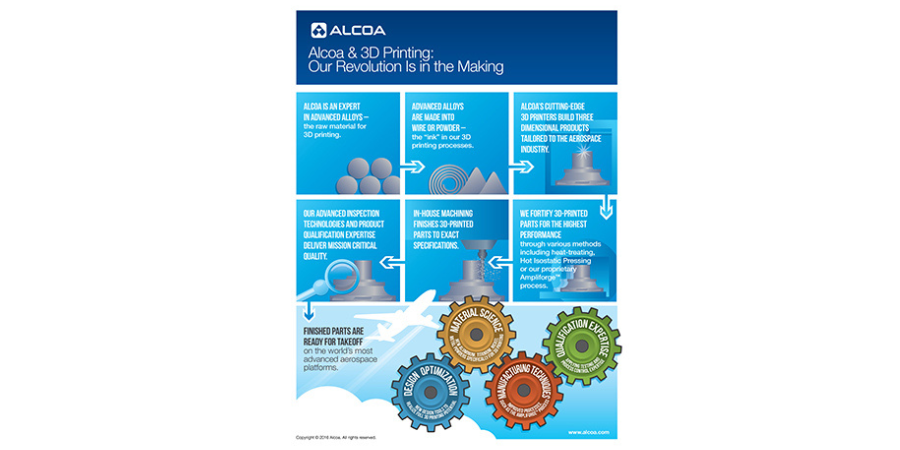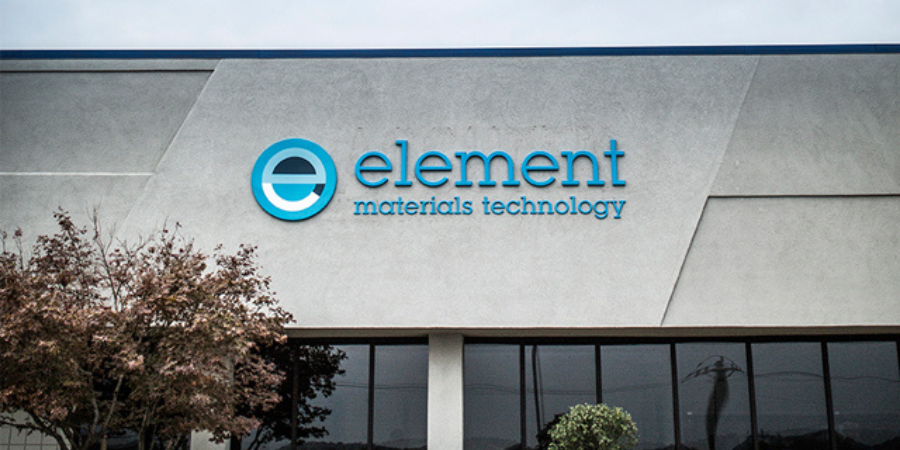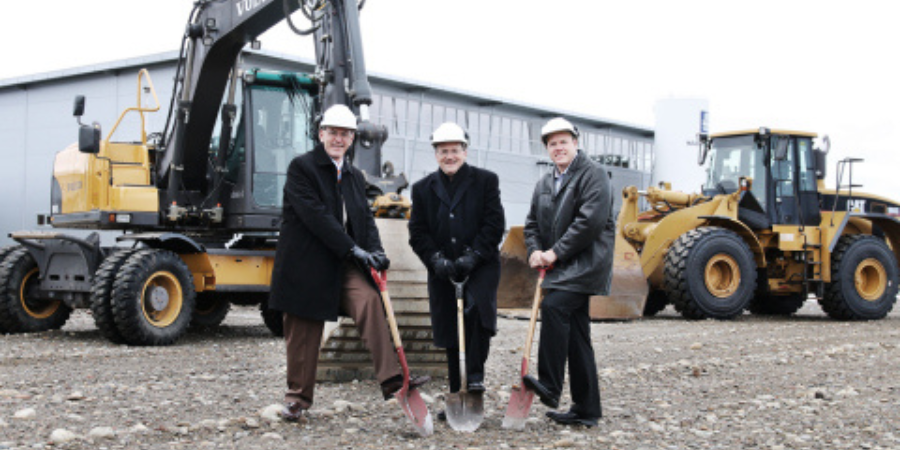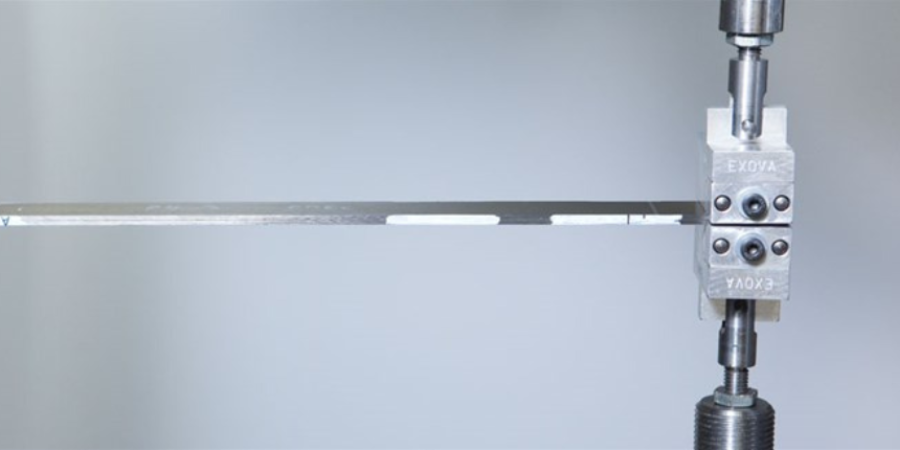Alcoa to Supply 3D-Printed Metal Parts for Airbus
Lightweight metals leader Alcoa (NYSE:AA) has entered into an agreement with Airbus to supply 3D-printed titanium fuselage and engine pylon components for Airbus commercial aircraft. Alcoa expects to deliver the first additive manufactured parts to Airbus in mid-2016.
“We are proud to partner with Airbus to help pave the way to the future of aerospace development and manufacturing,” said Alcoa Chairman and Chief Executive Officer Klaus Kleinfeld. “The unique combination of our multi-material alloy development expertise, powder production capabilities, aerospace manufacturing strength and product qualification know-how position us to lead in this exciting, emerging space.”
Airbus chose to work with Alcoa because of its comprehensive capabilities, from materials science leadership to additive manufacturing and aerospace parts qualification. The agreement will draw on Alcoa’s decades of aerospace experience and new technologies gained through the recent acquisition of RTI and organic expansion in Whitehall, Michigan. Alcoa also recently invested in 3D-printing and metallic powder production capabilities at its technical center outside of Pittsburgh, Pennsylvania.
Last year, Alcoa acquired RTI International Metals (RTI)—now known as Alcoa Titanium & Engineered Products (ATEP)—which grew Alcoa’s additive manufacturing capabilities to include 3D-printed titanium and specialty metals parts produced at ATEP’s Austin, Texas facility. The Airbus agreement will draw on these capabilities as well as ATEP’s titanium ingot melting and billetizing, machining, finishing and inspection technologies.
Alcoa will employ advanced CT scan and hot isostatic pressing (HIP) capabilities at its advanced aerospace facility in Whitehall, Michigan. HIP is a technology that strengthens the metallic structures of traditional and additive manufactured parts made of titanium and nickel based superalloys. Through a $22 million investment in the technology in Whitehall, Michigan, Alcoa today owns and operates one of the largest aerospace HIP technology complexes in the world.
Additionally, Alcoa is bolstering its additive manufacturing capabilities through a $60 million expansion in advanced 3D-printing materials and processes, including metallic powders. The expansion is located at the Alcoa Technical Center near Pittsburgh, Pennsylvania, the world’s largest light metals research center.
Post updated Thursday 4/29/2021 at 3:37pm.
Alcoa to Supply 3D-Printed Metal Parts for Airbus Read More »










